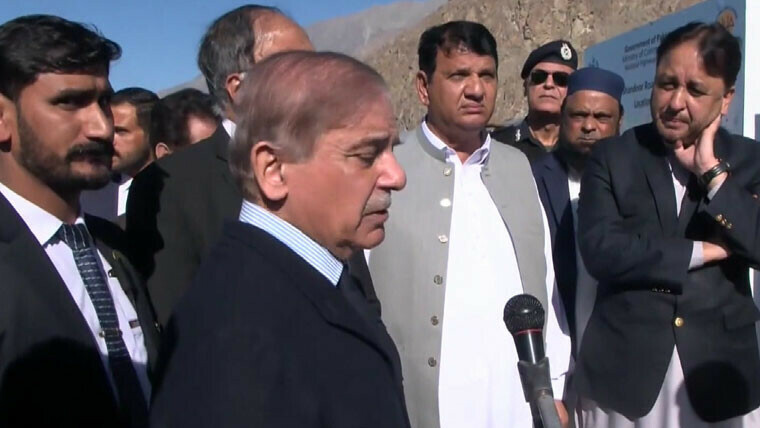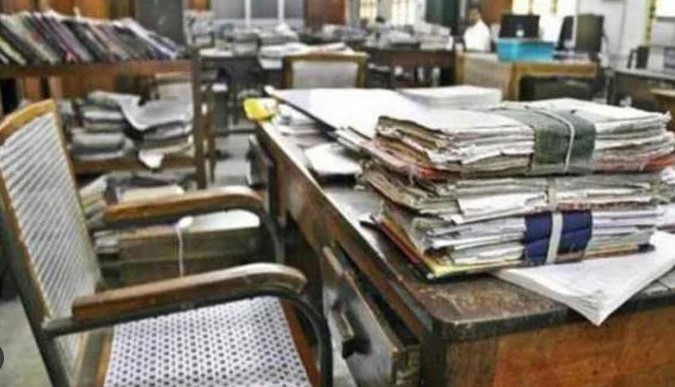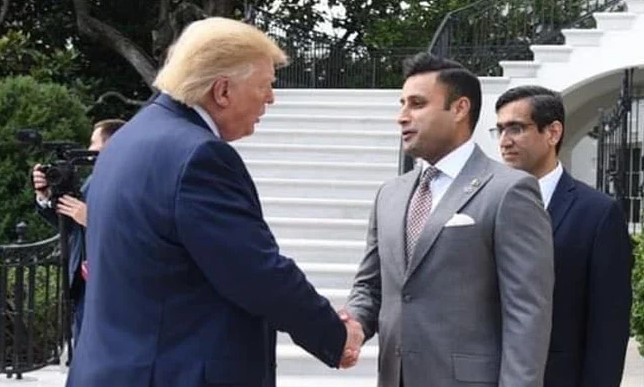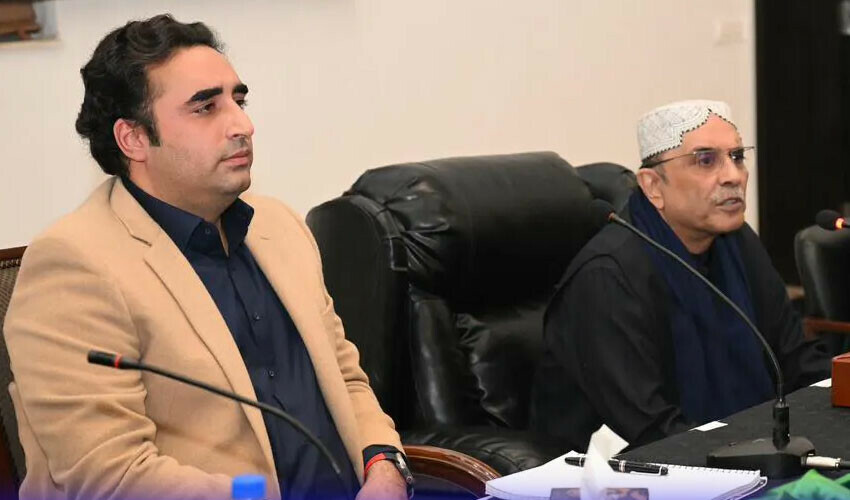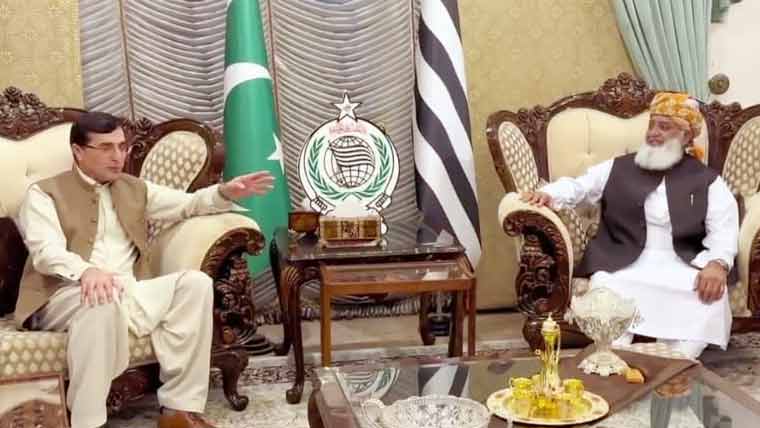POLITICS & POLICY MAKING
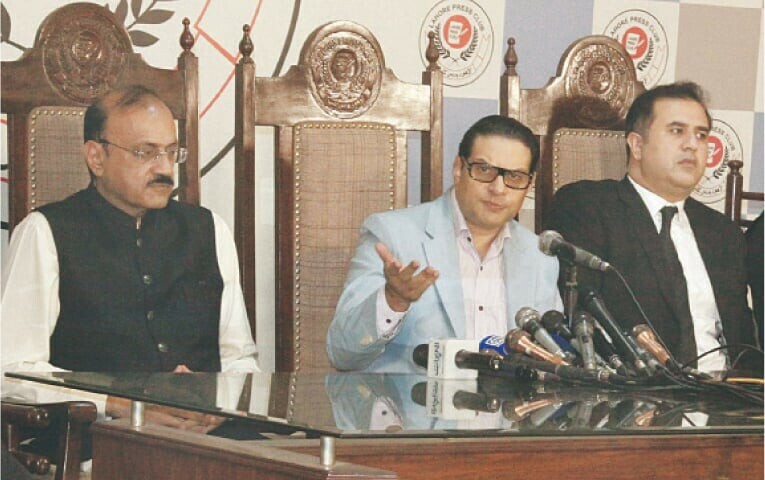
Pakistan Tehreek-e-Insaf (PTI) has urged citizens to unite beyond political affiliations and launch a national movement to protect the independence of the judiciary, a cornerstone of Pakistan’s democracy and individual freedoms.
At a press conference held on Tuesday at the Lahore Press Club, PTI Secretary General Salman Akram Raja denounced what he described as a direct attack on judicial independence by the ruling government. He accused the current leadership of working tirelessly to undermine the judiciary and prevent any institutional or individual challenge to the powers that be.
“The door of justice has been slapped on our faces,” Raja stated, expressing the frustration of the party and the general public at the apparent erosion of judicial autonomy. He criticized the government's recent push to appoint 17 new judges to the Supreme Court, which he claims is part of a strategy to tilt the judicial balance in favor of the ruling establishment.
Raja went on to lament that both the Supreme Court and high courts would soon be filled with judges who would prioritize the interests of the establishment over the grievances of the common people. He also referenced the case of Advocate Intezar Hussain Panjutha, a lawyer who was reportedly kidnapped and tortured, as emblematic of the growing climate of fear in the country. “Every Pakistani now lives in fear,” he said, urging the nation to rise up and demand justice before it is too late.
The PTI leader called for an uprising similar to past revolutions in countries like Bangladesh, Egypt, and Sri Lanka, suggesting that only through such drastic measures could the nation safeguard its rights and judicial independence. “If we don’t act now, individuals will be crushed and justice will be denied,” he warned.
In his remarks, Raja also pointed to what he called the government’s efforts to “teach a lesson” to PTI founder Imran Khan, highlighting the recent trials against Khan and the looming threat of military tribunals. “The government’s spokespersons are openly suggesting that Imran Khan could be tried in military courts, where his fate would be decided behind closed doors by an army colonel,” he claimed.
Moreover, Raja expressed concern over the recent haste in passing crucial bills, including the extension of the tenure of service chiefs from three to five years. He questioned whether this law was truly in the best interest of the nation or merely designed to benefit individuals in power. The PTI Secretary General urged the government to engage in a more transparent and inclusive discussion on these laws, involving all stakeholders, including military officers.
PTI Senator Hamid Khan, also speaking at the Lahore High Court Bar Association’s auditorium, further criticized the government’s actions, calling them a direct assault on the Constitution and democracy. Khan, a former president of the Supreme Court Bar Association, described the recent legislative changes as “the final nail in the coffin of democracy” and warned that the judiciary had been rendered powerless under these new laws.
Khan also highlighted the government’s secretive approach to amending the Constitution, alleging that certain powerful forces were deliberately weakening the judiciary to achieve their own ends. The senator voiced particular concern about the unprecedented amendments made to various laws in recent months, including the controversial five-year tenure for the army chief, which he argued was not in line with global standards and could potentially be extended further for the benefit of the government.
The PTI leaders’ statements reflect growing dissatisfaction with the current state of Pakistan’s political system, with both the judiciary and democracy itself under increasing pressure. They have called on the public to actively engage in protests and political movements, warning that without a collective stand for justice, Pakistan risks sliding further into authoritarianism.
Conclusion
As the political and judicial crisis deepens in Pakistan, PTI has become a vocal critic of what it sees as the government's systematic dismantling of democratic institutions and judicial independence. With mounting concerns over the country’s political trajectory, the call for a national uprising resonates with many who fear the erosion of their fundamental rights and freedoms. The coming weeks may determine whether Pakistan's judiciary remains independent or becomes another tool for those in power.
